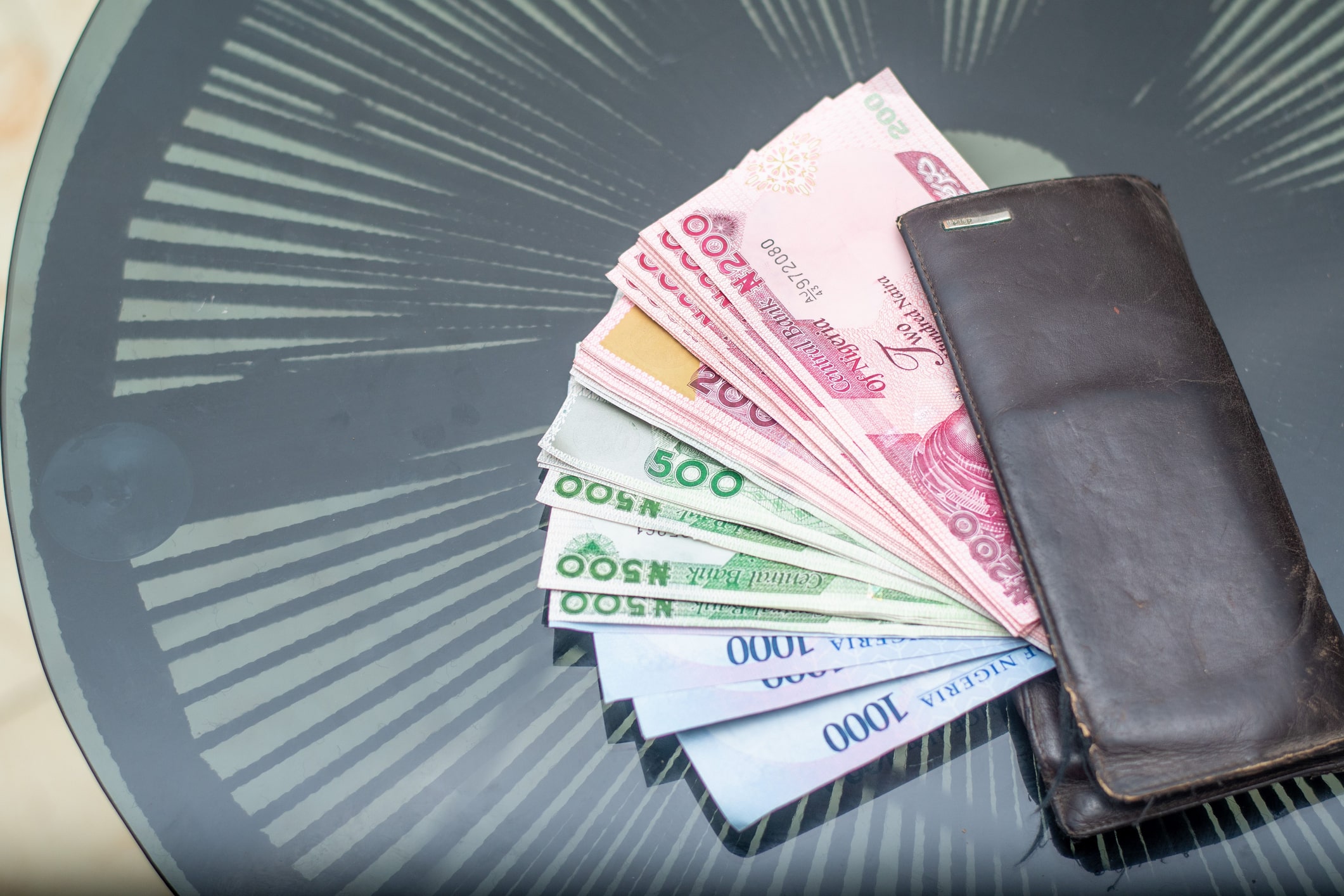Ratings agency, Fitch Ratings highlighted the growing gap between the official and parallel market rates of the naira, emphasizing some of the hurdles in sustaining exchange-rate liberalization and raising concerns about a potential further devaluation.
Research shows that the naira is currently trading at 1,002 to the dollar in the parallel market, while the official market, also known as the Investors and Exporters (I&E FX) window, closed at ₦775 on Thursday, as reported by FMDQ, a securities exchange firm.
The promise made by President Bola Tinubu on May 29 to unify exchange rates led to the Central Bank of Nigeria’s (CBN) announcement on June 14 of a free-floating system. This transition allowed deposit money banks (DMBs) and foreign exchange market dealers to freely buy and sell forex at market-determined rates, resulting in a 40% depreciation of the currency against the dollar in June.
While these currency reforms initially narrowed the gap between official and parallel market rates, Fitch Ratings noted that the spread started widening again in August. This widening is attributed to inadequate official dollar supply, putting pressure on the naira.
In the last two weeks, the naira has experienced a sharp decline in street trading as the CBN refrained from increasing the supply of the greenback at the official window, contributing to increased volatility in the currency rate.
Despite emphasizing the importance of economic growth during his confirmation, Dr Olayemi Cardoso, the new governor of the CBN, is also yet to signal his policy preferences.
Assessing the development, business analyst, Oluwaseyi Jimoh sheds light on the multifaceted challenges contributing to the weakness of the national currency. Jimoh emphasizes the diverse array of factors influencing currency values, ranging from economic conditions to global market forces.
“The challenges faced by the naira are substantial, rooted in various issues that need careful consideration,” Jimoh tells FORBES AFRICA. “One pivotal aspect is the lack of export mobility, with Nigeria heavily reliant on oil exports. Fluctuations in global oil prices directly impact the naira, highlighting the urgency of diversifying our export base and fostering non-oil sectors for enhanced stability and resilience.”
Jimoh also points out the impact of government intervention in local production, emphasizing the delicate balance required. “While protectionist measures aim to safeguard domestic industries, they must not inadvertently stifle competition and hinder efficiency. Striking the right balance is crucial for sustained economic growth.”
The ease of doing business in Nigeria has emerged as another critical factor affecting the naira’s strength. “Bureaucratic hurdles, inconsistent policies, and infrastructure gaps can deter foreign investment and impede economic growth,” notes Jimoh. “Enhancing the ease of doing business is pivotal for attracting investors, stimulating economic activity, and potentially fortifying the naira.”
Highlighting the role of citizens in shaping the economy, Jimoh expresses concern about the lack of patronage for local products and adds that encouraging domestic consumption can significantly contribute to creating job opportunities and boosting local industries.
To address these challenges, he advocates for a comprehensive approach involving policy reforms, infrastructure development, and initiatives to bolster local industries. “Tackling these issues collectively is key to improving the strength and stability of the naira while fostering sustainable economic growth in Nigeria,” concludes Jimoh.
An investor, Moses Adeolubodun, expresses his apprehension over the currency’s diminishing strength, citing various economic factors.
Adeolubodun warns that the naira’s decline could have significant repercussions for the economy. He points to a combination of factors contributing to this downturn, including fluctuating oil prices, external debt pressures, and concerns over the country’s fiscal policies.
“The Nigerian economy is facing a delicate situation with the naira losing ground against major currencies. The volatility in oil prices, a key driver of Nigeria’s revenue, has added strain to an already challenging economic landscape,” remarks Adeolubodun.
Oil, which constitutes a substantial portion of Nigeria’s export earnings, has experienced unpredictable price fluctuations in recent months. This volatility, coupled with global economic uncertainties, has placed the currency under additional stress.
Adeolubodun also highlights concerns about the nation’s rising external debt, emphasizing the need for prudent fiscal management. “Addressing the issue of escalating external debt is crucial for restoring confidence in the Nigerian economy. Investors are closely watching how policymakers navigate these challenges,” he states.
As the CBN grapples with maintaining exchange rate stability, Adeolubodun suggests a comprehensive and strategic approach to economic management. He underscores the importance of implementing reforms that encourage foreign investments, improve non-oil sectors, and enhance transparency in government’s financial operations.
